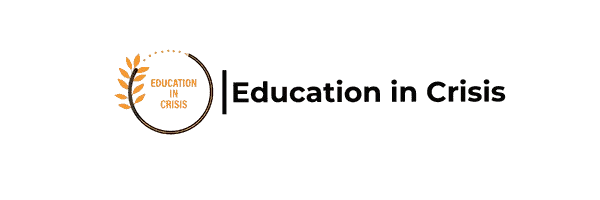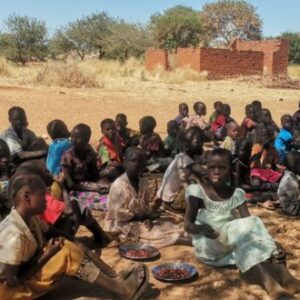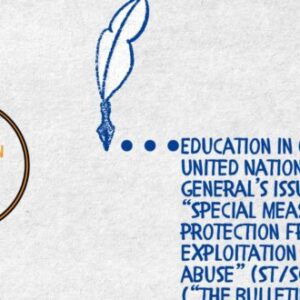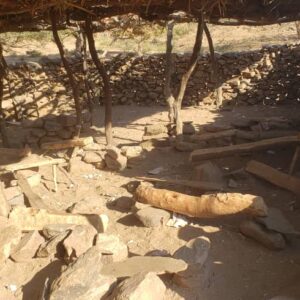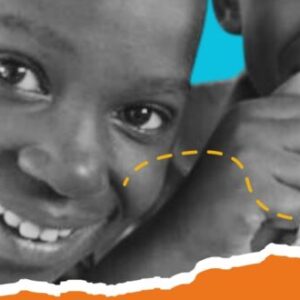Background and Rationale The Nuba Mountains region of Sudan has been severely impacted by prolonged conflict, displacement, and economic instability. These challenges have led to widespread food insecurity, limited access to education, and disruptions in community livelihoods. Vulnerable populations, particularly school-aged children, face the dual burden of malnutrition and lack of access to quality education....
Year: 2024
Education in Crisis Adopts UN PSEA Policy (ST/SGB/2003/13)
Education in Crisis (EiC) reaffirms its zero-tolerance policy for sexual exploitation and abuse (SEA) by endorsing the “Statement of Commitment on Eliminating Sexual Exploitation and Abuse by UN and Non-UN Personnel.” EiC integrates protection measures across all operations, ensuring prevention, survivor support, accountability, and collaboration with global partners. Read more about our commitment to safeguarding...
Education in Crisis Calls for Urgent Humanitarian Assistance to the Nuba Mountains and Blue Nile Regions Amid Famine Outbreak as Declared by SPLM-N.
August 15, 2024For Immediate Release Education in Crisis urgently calls for immediate and coordinated humanitarian interventionin the Nuba Mountains and Blue Nile regions following the recent statement by the SudanPeople’s Liberation Movement-North (SPLM/N), which highlights the severe famineoutbreak threatening the lives of thousands of people in the region including children. The Nuba Mountains and Blue...
The Day of the African Child (DAC) 2024
STATEMENT On the Day of the African Child (DAC) 2024, we unite under the powerful theme, “Educationfor all Children in Africa: The Time is Now.” This day is a poignant reminder of thecourageous children of Soweto who, on June 16, 1976, stood up against injustice and demandedtheir right to quality education. Today, we honor their legacy by...
